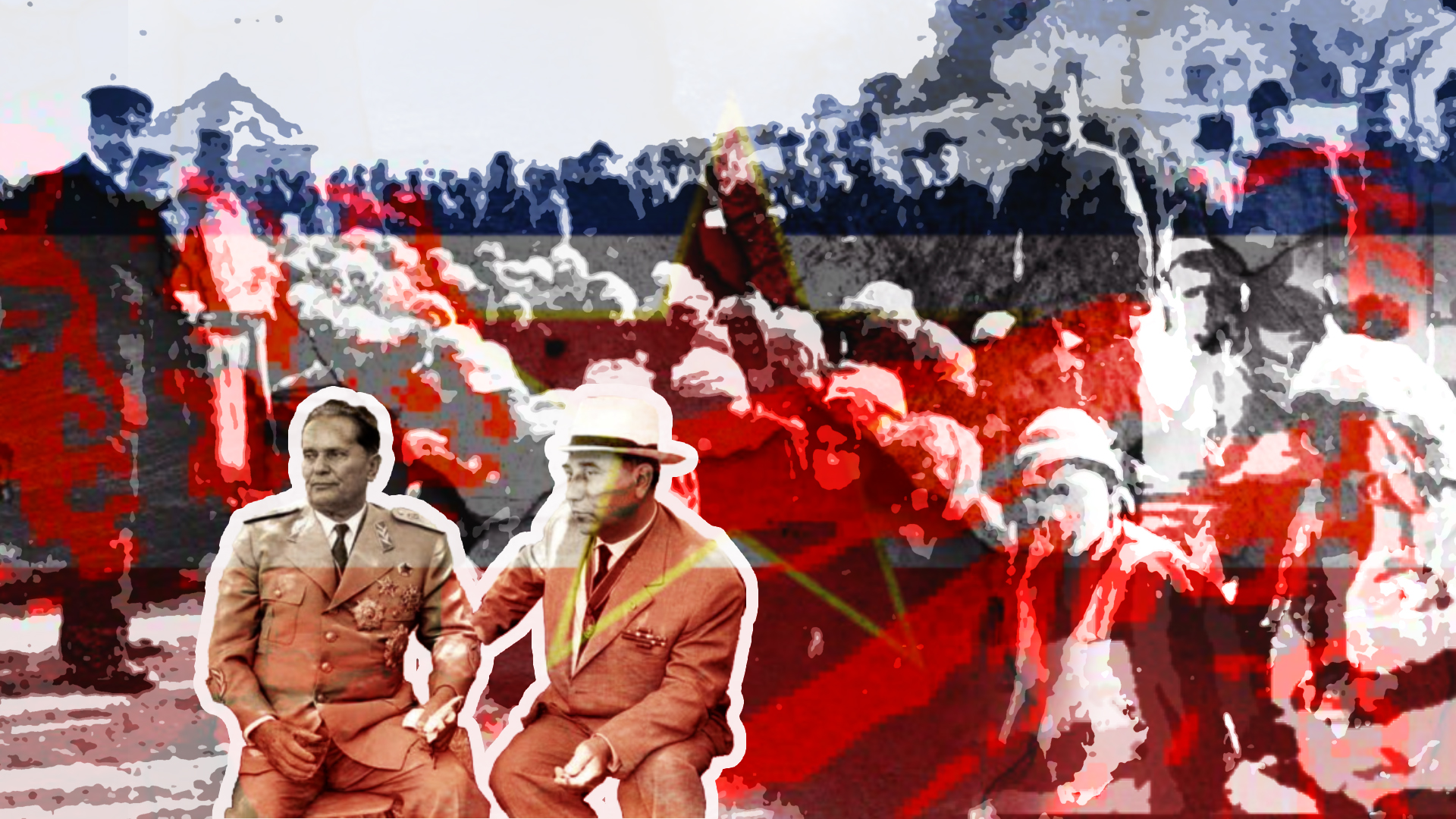
Yugo-nostalgia overlooks Albanians
Anti-Albanian sentiment persists, even in diaspora communities.
|17.07.2024
|
These narratives about Albanians are over 100 years old, yet they still impact me, a Kosovar-Albanian man born and raised in London.
When I was in university, my critiques of the Yugoslav system were disregarded by some other classmates of Yugoslav heritage who told me that my position was inherently biased because I am Albanian.
Anti-Albanian sentiment isn't merely confined to cultural biases. It permeates systematically in countries with sizable Albanian communities and persists as a legacy of a state that vilified an entire group based on perceived differences.

Arbër Qerka-Gashi
Arbër Qerka-Gashi is a London-based writer, curator and researcher. He holds a BA in History from Goldsmiths, University of London, and a master’s in Gender, Sexuality, and Culture from Birkbeck, University of London. He writes on themes related to the Balkans, Albanian identity, diaspora experiences and Kosovo’s cultural expression.
DISCLAIMERThe views of the writer do not necessarily reflect the views of Kosovo 2.0.
This story was originally written in English.